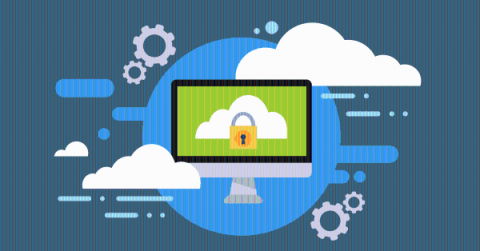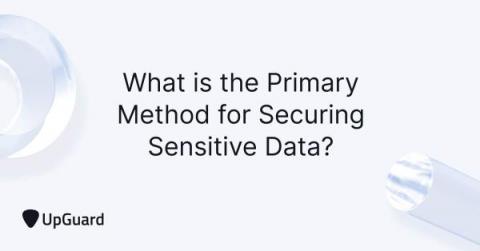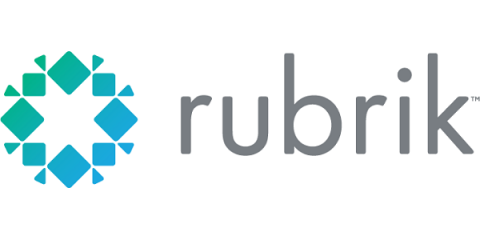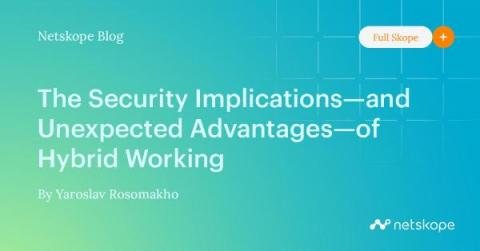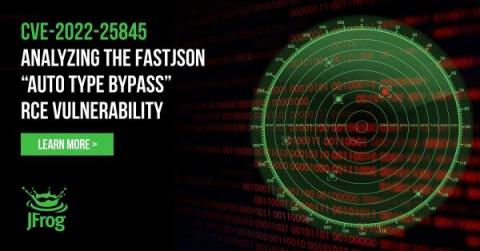With Trustwave, the Best in MDR Just Got Better
Trustwave has recreated new Managed Detection and Response (MDR) services to deliver unmatched capabilities tailored to fit an organization regardless of size or budget. While larger organizations may have the resources for heavy security investments, small and medium enterprises (SME) often struggle to keep up with this punishing pace and finding enough qualified security personnel can be even more challenging with the ongoing skills shortage.





